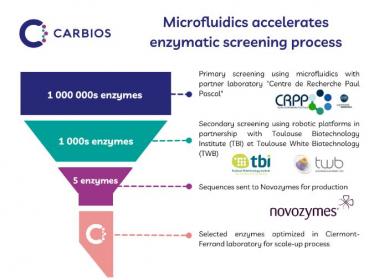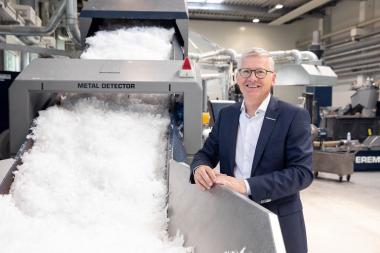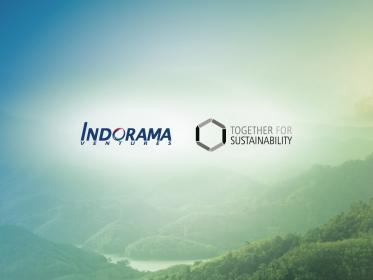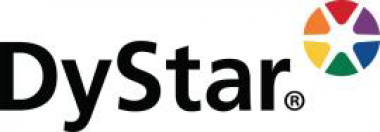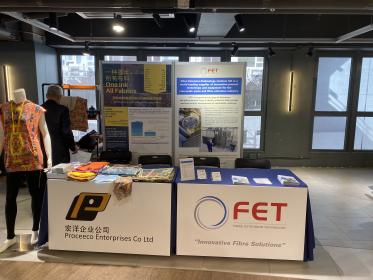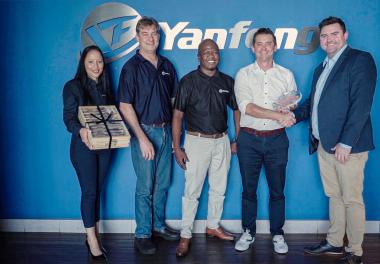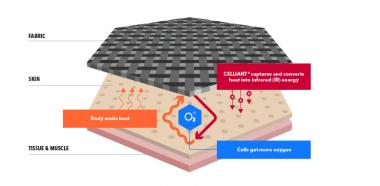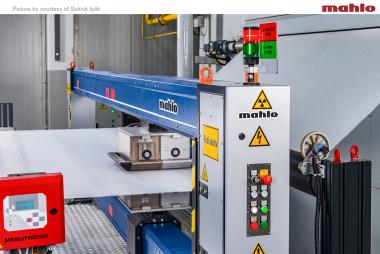Indorama Ventures upgraded MSCI ESG Ratings
Indorama Ventures Public Company Limited, a global sustainable chemical producer, was upgraded to "A" from "BBB" in MSCI’s ESG rating, reaffirming the company’s effective management of sustainability related risks and opportunities.
MSCI (Morgan Stanley Capital International), an independent provider of research-based indices and analytics, ranked Indorama Ventures among the top 14% of 65 companies worldwide in the commodity chemicals industry. The rating has placed it in the top quartile for opportunities in clean tech, water stress, corporate governance, and corporate behavior.
Indorama Ventures is committed to reducing water intensity by 10% by 2025 and 20% by 2030. It developed a Water Risk Assessment Report on its contributions to achieving sustainable management of water targets and the United Nations Sustainable Development Goals (UN SDGs). For improved corporate governance, the company provides whistleblowers with protection from retaliation, and has policies on business ethics and anti-corruption. Relating to opportunities in clean tech, Indorama Ventures’ is investing in recycling technology and biomass feedstock under its Vision 2030, and is also investing in operational efficiencies, carbon capture technology, renewable energy, and phasing out coal to reduce Scope 1 and Scope 2 greenhouse gas emissions.
MSCI ESG Ratings aim to measure a company’s resilience to long-term ESG risks. Companies are scored on an industry-relative AAA-CCC scale across the most relevant key issues based on a company’s business model. Investors, including pension funds, sovereign wealth funds, endowments, and asset managers, commonly consider the ratings to assess financial risks in the investment process.
Indorama Ventures Public Company Limited







